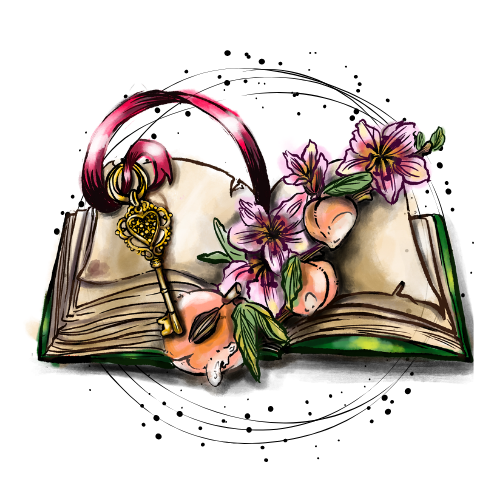Writing Ugly
There’s a scene in CODA, which stands for Child of Deaf Adults, where Ruby Rossi is told she is trying too hard to sound good. Her vocal coach encourages her to let her true voice come out by singing ugly. If you haven’t seen the movie, Ruby is the only hearing child of two deaf parents. The story follows her as she prepares to apply to college as a vocal major. I highly recommend the film.
Now, I’m sure you’re wondering what this has to do with writing. As a grant writer, I often encourage my colleagues to ugly word-dump into a document and to let me create the proposal narrative. Grant writing isn’t any more complicated or nuanced than any other kind of writing, but it does require a unique tone and style.
To add to the complication of grant writing, not all funders speak the same language or accept the same approach. Good proposals are often a process of studying the funder and translating what you do into their language. Ruby’s vocal coach encourages her to push the air out of her lungs, just to get it out there and not worry so much about how she sounds. Until she can do this, there’s no use in refining her technique. It’s the same concept I apply to writing.
If we try too hard to “sound” smart, we often lose what we actually want to say. The depth, the knowledge, the passion that I need from program directors comes when they simply put on paper what they would tell someone if asked about their program in a conversation. Once that is out, the next thing to learn is the specifics. Data drives grant funding. This is where it breaks from fiction, the thing that I’d rather be doing. However, the rest of this advice applies to both forms of writing.
There’s a story I’ve been trying to write for five years. It’s been through at least three full drafts already. This year, I started on my fourth. Not all novels need that. Some do. For me, the process of this draft has followed my growth as a writer. I am in the process of completing a Master’s of Fine Art in Creative Writing through Liberty University, and the last five years have changed me. I’d like to think my writing has improved over these years, and I want this story to have the best.
Picking this draft up again, I sent it to a few Alpha readers for a fresh set of eyes. I’ve memorized so much of the narrative that it’s hard to be objective. I received positive feedback on the draft in general, but one reader suggested I change it from third person, past tense, to first person, present tense. While this requires a full rewrite, I am excited by the freshness this will bring to the story. Like a home remodel, I’ll get to keep all the things I like about it, but the result will be a stunning new perspective.
Then, I signed up for a writer’s conference. I paid extra to have the first ten pages of my draft reviewed by an industry expert. I optimistically sat down to rewrite my favorite story in first person and stopped when I reached ten pages. Rereading the conference materials, I realized I misread. Ten pages, double-spaced, was all I got.
No problem.
I trimmed my work down to fit it in the required parameters, and still allow my characters to meet in that quaint, funny way, and happily sent those ten pages, double-spaced, first person, present tense, off to my readers for final checks before the conference.
Ten rewrites later, I’m ready to pull my hair out, burn the copy to the ground, and take up chanting for inner peace. But, I know this story. I love this story. And it’s not an “I love to write. I love kittens” kind of love, it’s a “Facebook stalked, and conveniently showed up at his favorite bar every night this week” kind of love. Okay, obsessed is a better word.
And there it is again… Revision. The necessary evil of good writing.
I have two problems going into this new version. One, I want it to be pretty, a neat little package that shows all that is good and wonderful about my story. Especially the scene where my lovebirds find each other. Second, and the Bible tells us this, pride comes before a fall.
My optimism can be redefined as a thinly veiled belief that I’m just that good of a writer. That’s why we have alpha readers, beta readers, a good editor, etc. I should have seen that coming a mile away. Hell, this is, after all, draft number six or seven. I’ve lost count.
The other problem is I forgot my own advice about writing. Get it out. Get it all out. Get all the ugly stuff down on the page. The point of a good story isn’t to look cute. It’s to unpack the messes we get ourselves into and tell a compelling story about them. If my couple could really meet and fall in love within five pages, the story wouldn’t be that compelling. What would I do with the other sixty-thousand-ish words of my romance novel?
The moral of the story is this–write ugly. Put all the messy nonsense down on the page and be prepared to revise. You’re going to have to revise anyway. So, let it all out. I promise you’ll have more to work with that way. Whether it’s a grant, a novel, or a journal, get all the words out. Spelling, punctuation, grammar, those things come later. Much later. Start with the point of your narrative, the big complicated mess. That’s what good writing is all about.
